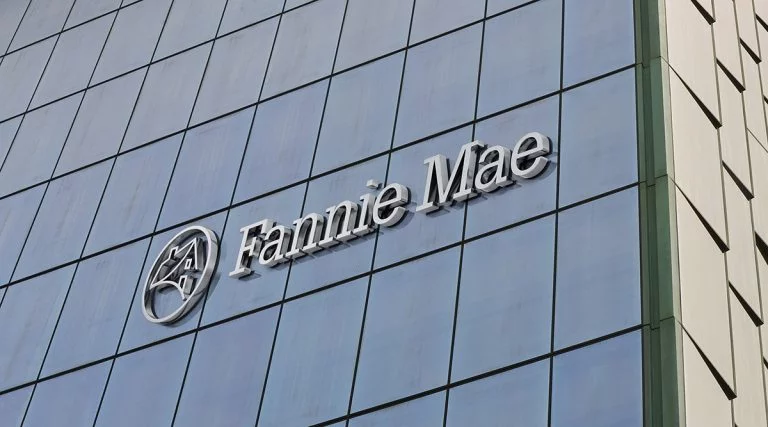Will Liquidation Preferences Turn Fannie Mae Into Lehman Bros?

Fannie Mae and Freddie Mac will be able to keep retaining earnings, but there’s a catch—in the form of liquidation preferences. The latest amendment to the Senior Preferred Stock agreement calls for an extension of the loan that can never be repaid.
Fannie Mae, Freddie Mac face liquidation preferences
The Treasury and the Federal Housing Finance Agency filed the Fourth Amendment to their Senior Preferred Stock agreement with the government-sponsored enterprises. According to analyst Dick Bove of Odeon Capital, the agreement forces Fannie Mae and Freddie Mac to create billions of dollars of off-balance sheet debt in the form of liquidation preference securities. Bove believes the securities have a dividend requirement of 10%.
Under the terms of the new amendment, Fannie and Freddie are not required to pay the dividend on the senior preferred shares in cash to the Treasury. Instead, they create liquidation preferences in the amount of cash dividend.
Every quarter, the liquidation preferences increase by the amount of the GSEs’ profits, although Bove adds that the formula is a little more complex than that. The amount of the liquidation preference securities is described in notes to Fannie Mae and Freddie Mac.
Do liquidation preferences make Fannie Mae like Lehman Brothers?
Bove went so far as to invoke the Lehman Brothers name. He explained that the liquidation preferences turn Fannie Mae and Freddie Mac into the next Lehman brothers because they will never have enough money to pay the securities back.
Further, Bove said the securities carry “absurdly expensive” dividends. He notes that mortgage rates, which are the main source of GSE revenues, are less than 3%, but Fannie and Freddie must pay 10% dividends. Finally, he noted that the liquidation preference securities aren’t shown on Fannie Mae’s or Freddie Mac’s balance sheets.
“They are time bombs that will explode all over the Biden Administration when it is revealed how much the taxpayer is at risk and how badly the safety and soundness of these two companies have been compromised,” Bove wrote.
Reading financial statements
To figure out what’s happening, the analyst looked at the GSEs’ third-quarter 10Q. Page 75 of Fannie Mae’s filing shows its income statement, and at the bottom of the page, there’s a line entitled “Dividends distributed or amounts attributable to senior preferred stock.” The amount of that dividend was $4.2 billion, and it was deducted from Fannie Mae’s earnings, making the amount of profit attributable to shareholders very small at $13 million.
Page 74 of the filing reveals that the GSE’s accumulated deficit has been declining all year even though it has no profit attributable to shareholders. Bove then directs investors to the second to the last paragraph in the section entitled “Senior Preferred Stock Purchase Agreement and Senior Preferred Stock” on page 81. It states that “the aggregate liquidation preference of the senior preferred stock will increase to $142.2 billion as of December 31, 2020, due to the $4.2 billion increase in our net worth during the third quarter of 2020. That amount is the missing dividend or the $4.2 billion obligations that was not paid in cash but is now debt.
Bove explained that the debt rises every quarter for the GSEs. He believes the FHFA has “relied on the inability of the press and many members of Congress to understand a financial statement so that no one would point this out.” He added that this accounting strategy is what brought Lehman Brothers down and that “it will do the same to the GSEs with the American taxpayer guaranteeing the debt.”
Waiting on the Supreme Court
The fate of the GSEs now rests in the Supreme Court’s hands. The court heard arguments last month about the absurdity of loans that can never be paid back. The fourth amendment and the liquidation preferences add on to the burdens Fannie Mae and Freddie Mac will never be able to pay back.
It looks like the government is guaranteed a loss in the Supreme Court case, but it will be months before the justices release their ruling.
Disclaimer: This article is not an investment recommendation, Please see our disclaimer - Get our 10 ...
more


